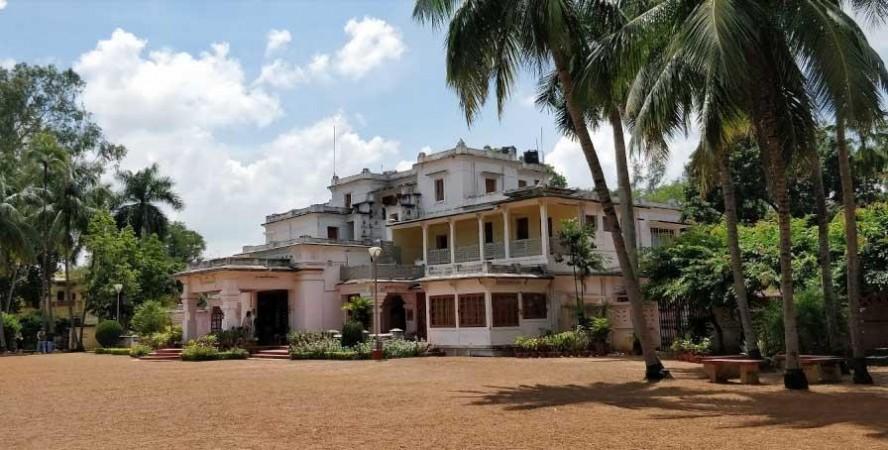In the latest row over 'illegal land grab' in the Visva-Bharati, the varsity has accused Nobel laureate and eminent economist Prof Amartya Sen of wrongly occupying the land on the campus. In a letter written to the West Bengal government, Visva Bharati has contested that a number of plots present on the varsity have been erroneously recorded to favour private parties including Prof Amartya Sen.
Major offices of the university including the girls' hostel, academic department, office, even the VC's official bungalow have been marked as 'the plots recorded incorrectly.' As per a report in The Times of India, the university argued that the property of the university has been unlawfully transferred due to inaccurate documentation of ownership in the government's record-of-right (RoR), and private parties have established restaurants, schools, and other businesses on land originally acquired by Rabindranath Tagore.
In the case of Prof Sen, the varsity said that there was an illegal occupation of 13 decimals of land. Notably, the university also said that 125 decimals of plot was legally leased to his late father.

Vice-chancellor can always dream about evicting anyone he wants: Sen
Commenting on the allegation made by Visva Bharati, Sen said, "Vice Chancellor Bidyut Chakrabarty of Visva-Bharati is busy arranging the 'eviction of unauthorised occupation of leased land in the campus' and that I have also been named in the list of occupants. The Visva-Bharati land on which our house is situated is on a long-term lease, which is nowhere near its expiry, but the vice-chancellor can always dream about evicting anyone he wants."

Such erroneous documents were drawn up in the 1980s and 1990s, as per Visva Bharati's estate office. Most of these lands are located in the Santiniketan Purvapalli area, recognized to be the residential hub of asramites (asrama school-related families and Visva-Bharati during their inception) and eminent individuals.
In 2006, Prof Sen requested the then vice-chancellor for transfer of the 99-year-old lease-hold land to his name which was accepted by the Executive Council but the excess land given was never returned, said the university.














